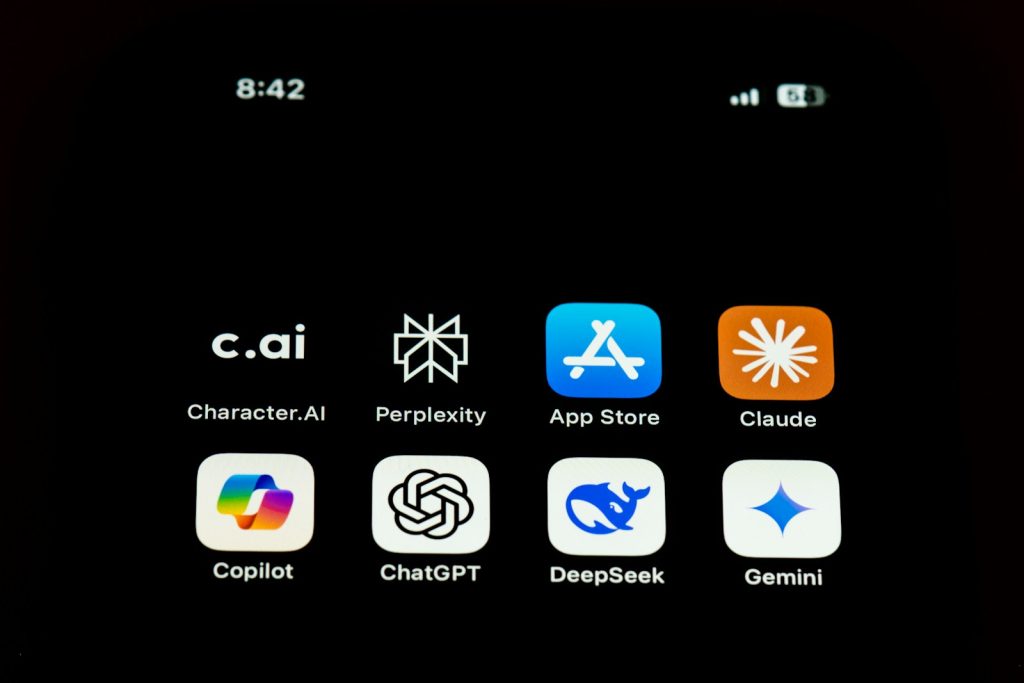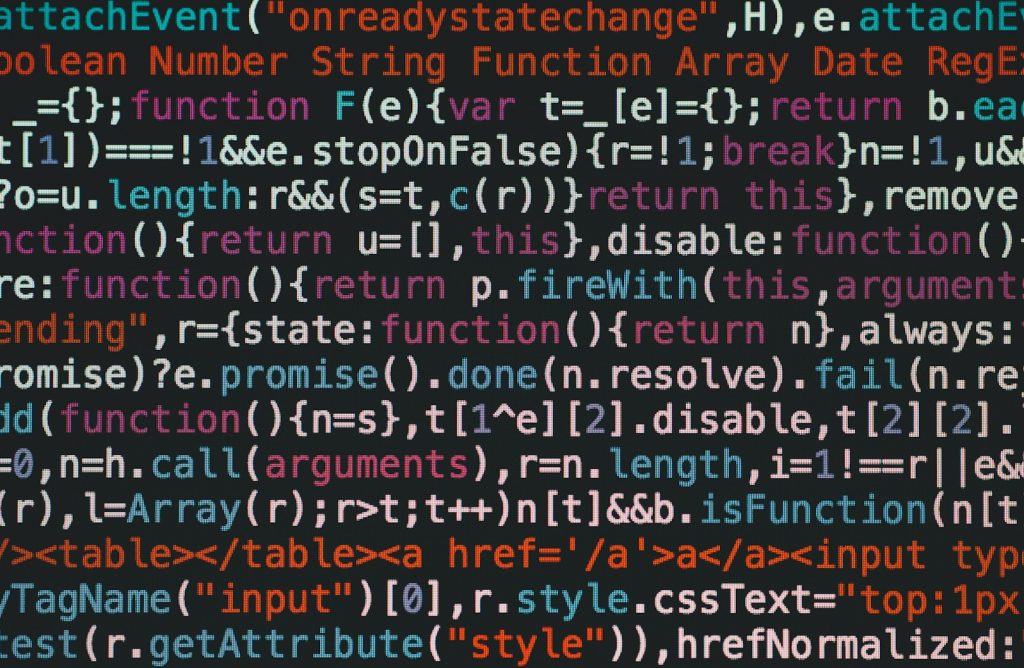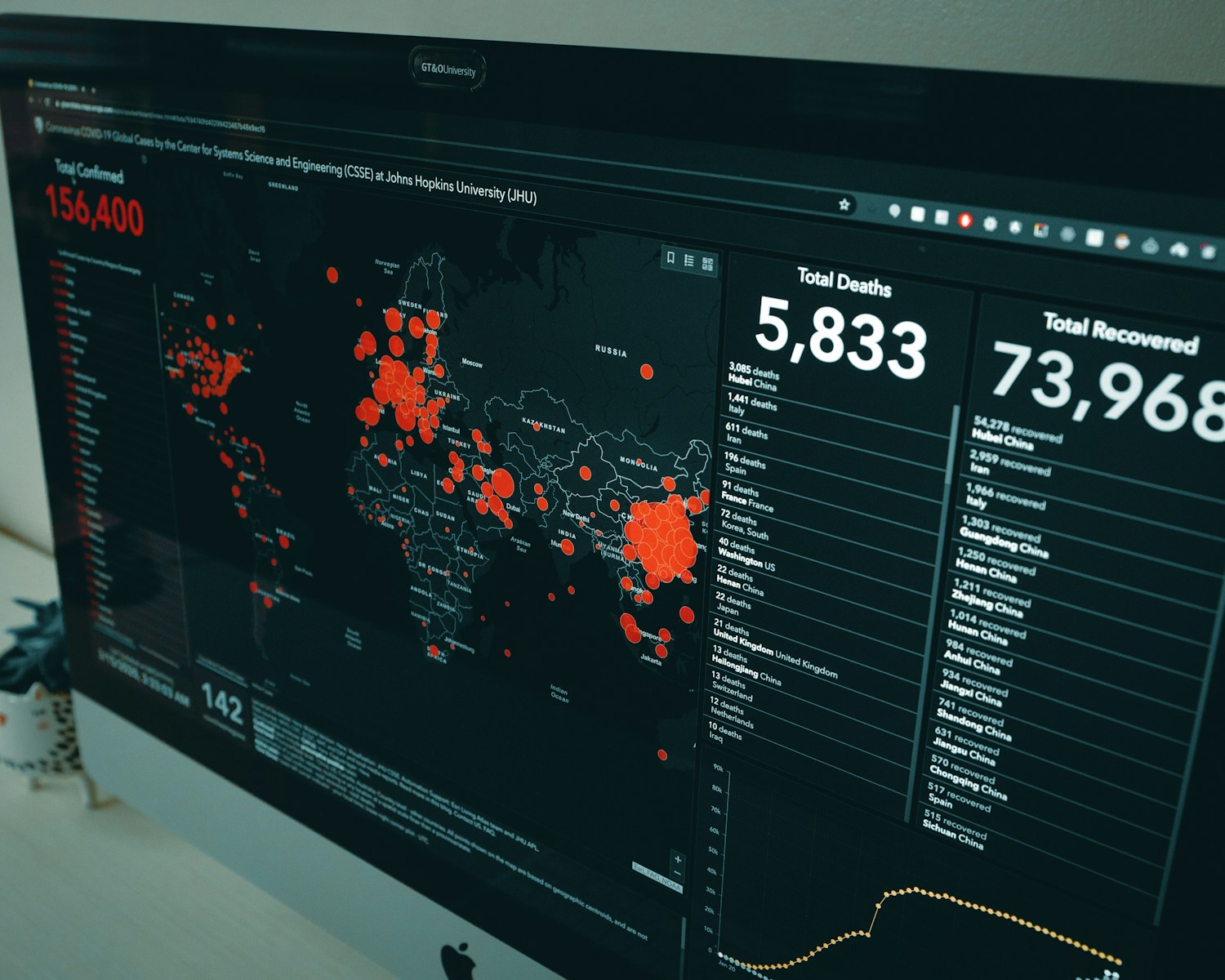In today’s fast-paced digital landscape, businesses are constantly searching for innovative ways to enhance security and efficiency. One of the most transformative solutions is integrating AI with blockchain for secure data processing. This powerful combination is redefining how organisations handle data, ensuring both transparency and protection. As industries in the US, Europe, and beyond embrace these technologies, understanding the technical strategies behind their integration becomes crucial.
At Dev Centre House Ireland, the focus is on cutting-edge solutions that drive technological advancements. Here, we explore seven advanced technical strategies for seamlessly integrating AI with blockchain while ensuring secure data processing.
1. Decentralised AI Models for Enhanced Security

One of the most promising strategies for integrating AI with blockchain is the use of decentralised AI models. Traditional AI systems rely on centralised data repositories, which are vulnerable to hacking. By leveraging blockchain’s decentralised nature, AI models can be distributed across multiple nodes, making it far more difficult for malicious actors to compromise the system.
Furthermore, using smart contracts ensures that AI algorithms operate transparently and only execute under predefined conditions. This prevents unauthorised tampering and ensures data integrity across all transactions.
2. Secure Data Sharing with Encryption
Integrating AI with blockchain enables secure data sharing through advanced encryption techniques. Sensitive information is encrypted and stored on the blockchain, while AI algorithms access and process this data without exposing raw datasets. This is particularly valuable for industries such as healthcare and finance, where privacy is paramount.
Zero-knowledge proofs (ZKPs) play a critical role in this strategy. ZKPs allow data validation without revealing underlying information, providing both security and compliance with data protection regulations in the US and Europe.
3. Federated Learning on Blockchain Networks
Federated learning is a technique where AI models are trained across decentralised devices without transferring data to a central server. When combined with blockchain, it provides a secure and efficient way to process data across multiple participants.
Blockchain records every model update, ensuring traceability and reducing the risk of data manipulation. This is particularly useful for collaborative projects across borders, where maintaining data sovereignty is essential.
4. Immutable Audit Trails for Data Provenance
Blockchain’s immutable ledger creates an unchangeable record of all AI operations, providing a reliable audit trail. This transparency is vital for industries requiring robust data provenance, such as supply chain management and pharmaceuticals.
By integrating AI with blockchain, businesses can track every step of data processing, from input to output. This level of accountability not only enhances security but also meets stringent regulatory standards in the US and Europe.
5. AI-Driven Smart Contracts for Automated Decision-Making
Smart contracts powered by AI bring a new level of intelligence to blockchain applications. AI algorithms can analyse complex datasets and trigger smart contract executions based on predefined conditions.
For example, in insurance, AI can assess claims and automatically process payments when all criteria are met. This reduces manual intervention, speeds up transactions, and ensures fair, rule-based decision-making.
6. Privacy-Preserving Machine Learning

Privacy-preserving machine learning (PPML) techniques, such as homomorphic encryption, allow AI models to analyse encrypted data without decrypting it. When combined with blockchain, this approach offers a secure and private method for data processing.
This strategy is particularly valuable in sensitive domains like healthcare and finance, where protecting user privacy while extracting insights is a top priority. By integrating PPML with blockchain, organisations can balance innovation with data security.
7. Cross-Platform Integration for Scalable Solutions
As businesses adopt AI and blockchain, ensuring cross-platform compatibility becomes crucial. Using interoperable frameworks, such as Hyperledger Fabric and TensorFlow, facilitates seamless integration across different systems.
Cross-platform integration allows businesses to scale their solutions globally, ensuring consistent performance and security. This is especially important for multinational corporations operating across the US, Europe, and beyond.
The Future of AI and Blockchain Integration
The integration of AI with blockchain is more than just a technological trend; it represents a fundamental shift in how data is processed and secured. By implementing these technical strategies, businesses can unlock new levels of efficiency, transparency, and security.
At Dev Centre House Ireland, expertise in both AI and blockchain drives forward-thinking solutions tailored to modern business needs. As these technologies continue to evolve, their combined potential promises to redefine industries and pave the way for a more secure digital future.
Embracing these advancements not only enhances operational capabilities but also provides a competitive edge in a rapidly transforming global market.



